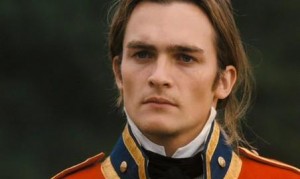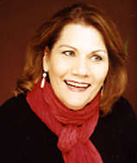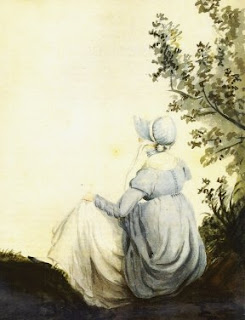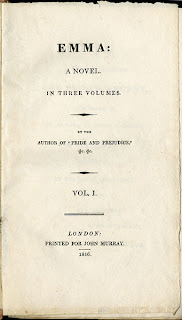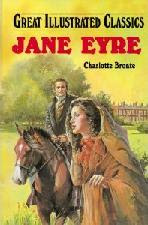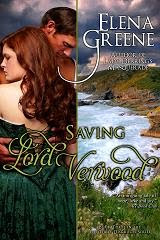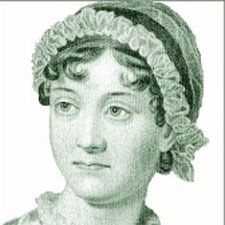 As an adjunct blogger, I missed Risky Regencies’ Jane Austen week, but I cannot let another week go by without my own acknowledgement of what Jane Austen has meant in my life.
As an adjunct blogger, I missed Risky Regencies’ Jane Austen week, but I cannot let another week go by without my own acknowledgement of what Jane Austen has meant in my life.
I have been reading Jane Austen yearly since – well, since before I can remember. I was delighted when, in the 1980s, the BBC productions of Jane Austen’s novels were brought to us on PBS. But nothing thrilled me as much as the BBC/A&E production of Pride and Prejudice in 1995. Along with half the women in the English-speaking world, I fell in love with Colin Firth’s Fitzwilliam Darcy and the adaptation in general. I had ordered my own videotapes (yes, it was that long ago) before A&E had even completed broadcasting the series.
 Not long after that, I began developing The Republic of Pemberley along with Amy Bellinger, who had started a discussion forum just to talk about that 1995 adaptation. Over the years, Pemberley has grown into a pretty big Jane Austen destination on the web. We talk about a lot of things besides Colin Firth these days and have created some interesting Jane Austen-related material. I’m pretty proud of what we’ve done and would like to share some with you.
Not long after that, I began developing The Republic of Pemberley along with Amy Bellinger, who had started a discussion forum just to talk about that 1995 adaptation. Over the years, Pemberley has grown into a pretty big Jane Austen destination on the web. We talk about a lot of things besides Colin Firth these days and have created some interesting Jane Austen-related material. I’m pretty proud of what we’ve done and would like to share some with you.
Early on, we incorporated the Jane Austen Information Page, an idiosyncratic compilation of Jane Austen facts and criticism, collated and created by Henry Churchyard (an early member of The Republic of Pemberley’s management committee). Henry has moved on, but Jane Info, remains and I keep threatening to reorganize it one day.
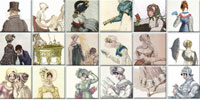 Also in our early days, we were a big fan fiction hub. Our Bits of Ivory board drew everything from the initial version of Pamela Aidan’s best-selling Fitzwilliam Darcy, Gentleman trilogy to stories like “Pemberley High.” Eventually, we decided that fan fiction was not our focus and it made its way to other sites such as The Derbyshire Writers’ Guild (an early spin-off from Pemberley). But we continue to maintain, The Bits of Ivory Archive, a collection of the early fan fiction posted on our site.
Also in our early days, we were a big fan fiction hub. Our Bits of Ivory board drew everything from the initial version of Pamela Aidan’s best-selling Fitzwilliam Darcy, Gentleman trilogy to stories like “Pemberley High.” Eventually, we decided that fan fiction was not our focus and it made its way to other sites such as The Derbyshire Writers’ Guild (an early spin-off from Pemberley). But we continue to maintain, The Bits of Ivory Archive, a collection of the early fan fiction posted on our site.
As the Republic of Pemberley focused more on Jane Austen, we began developing some interesting additional material. I’m particularly fond of Jane Austen Locations, a compilation of links to sites in Jane Austen’s life and locations used in adaptations of her work. Like everything on our site, it’s a work in progress.
Another fun addition to Pemberley is The Jane Austen Gazetteer. This page is an exhaustive exploration of actual locations used in Jane Austen’s novels. It uses period maps, guidebooks, and illustrations to provide information that Jane Austen would recognize regarding each location mentioned in her six novels.
There’s more (there’s always more). We maintain a database of current Jane Austen-related events: celebrations, meetings, festivals, plays, readings. This is not exhaustive, although we wish it were. We do group reads of Jane Austen’s work two or three times a year. We maintain on-line copies of her work. We do other stuff. We celebrate Jane every day. We’d love to have you celebrate with us.

